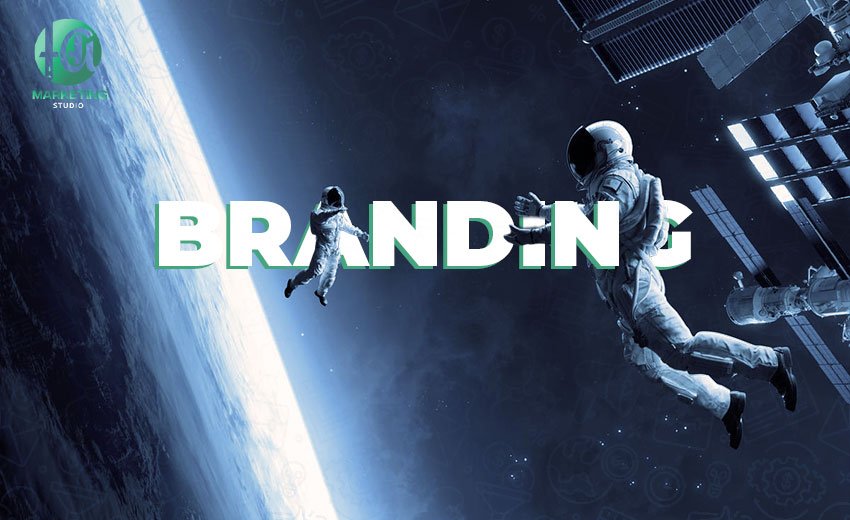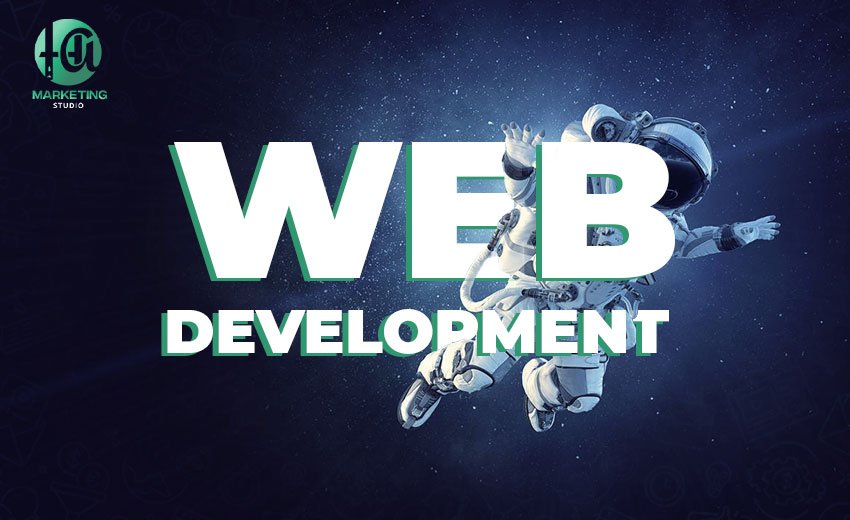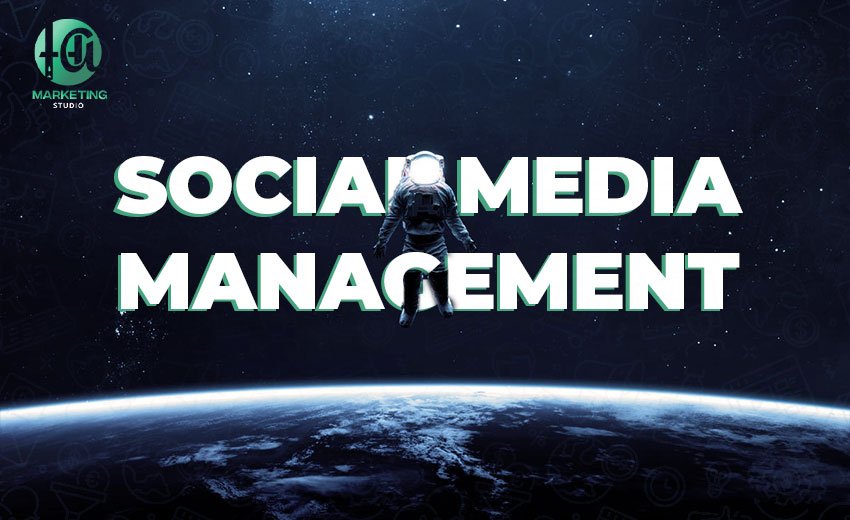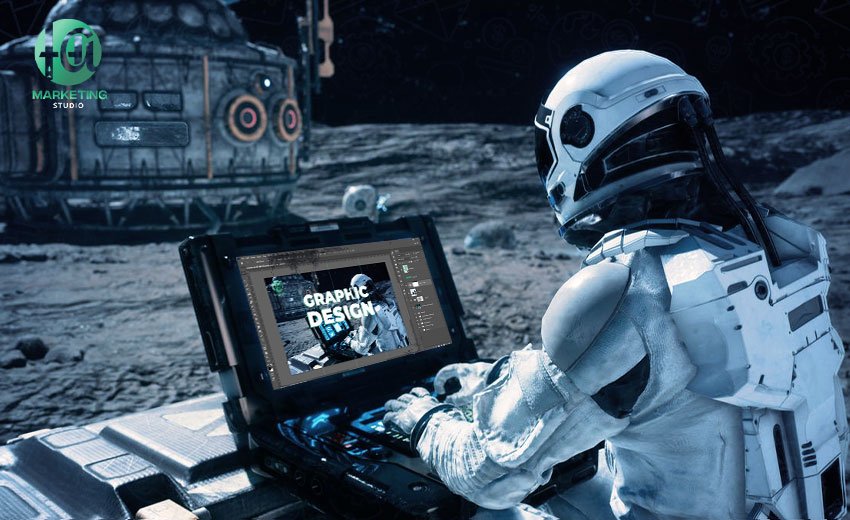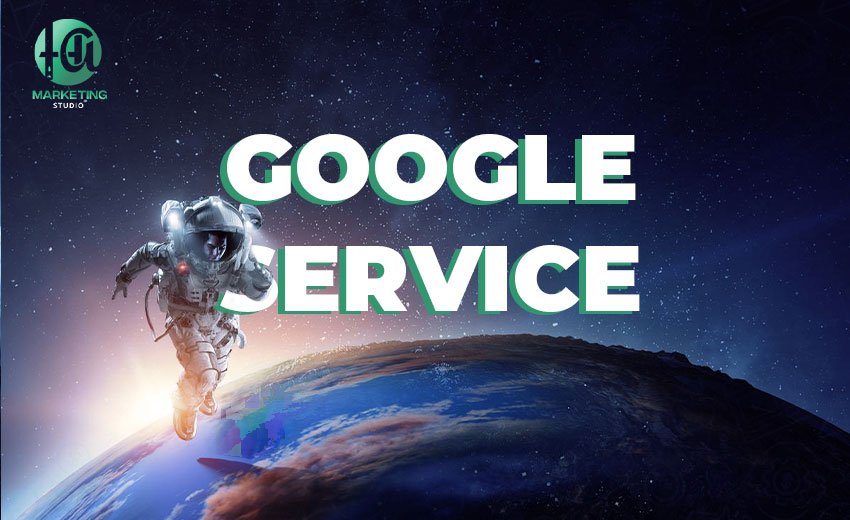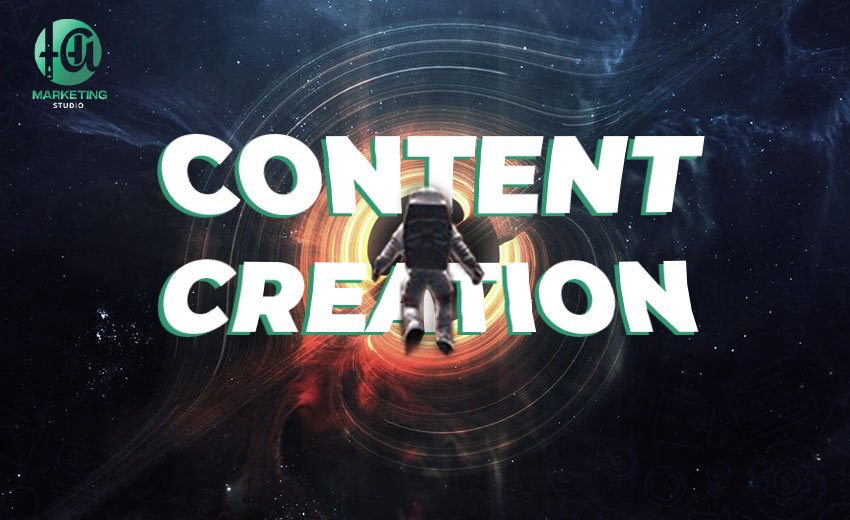With the rapid evolution of technology and changes in consumer behavior, marketing fields have witnessed radical transformations in recent decades, with one of the most prominent being the evolution of digital marketing. It is the modern and advanced version of traditional marketing, where the internet and digital media are used to communicate with customers and promote products and services. In this article, we will take a deep dive into the evolution of digital marketing from its inception to the present day, exploring how these transformations have impacted the world of marketing and how they could shape the future.
– Origins of Digital Marketing:
Digital marketing began as a concept in the late twentieth century, with the first efforts to use the internet as a means of promotion and advertising. Initially, these efforts were limited and scattered, but with the advancement of technology and the expansion of the web, companies began to realize the importance of digital presence and engaging with the audience online.
-Stages of Evolution:
-Email Marketing:
Email marketing was one of the earliest forms of digital marketing, where companies used email to send promotional messages and special offers to targeted customers.
-Early Emergence of Social Networks:
With the emergence of social media platforms like Facebook and Twitter, companies began using these platforms to build relationships with customers and interact with them more extensively.
-Search Engine Optimization (SEO):
Search engines such as Google became a primary tool for information search, prompting companies to work on optimizing their online presence to appear better in search results.
-Content Marketing:
Creating valuable content became one of the most important digital marketing strategies, as useful and engaging content helps attract audiences and build lasting relationships with customers.
-Customer Engagement and Interaction:
Direct interaction with customers through responding to comments, inquiries, and conducting surveys became an integral part of digital marketing strategies.
-Current Transformation:
With the advancement of artificial intelligence and big data analytics, companies can now use data more extensively to customize customer experiences and improve marketing strategies. Smart marketing and personalization represent the future of digital marketing.
-Potential Future:
-Smart Marketing:
By using advanced analytics and artificial intelligence, companies will be able to better identify customer needs and offer precise offers and content.
-Augmented and Virtual Reality:
Digital marketing experiences are expected to undergo significant advancements through the use of advanced technology like augmented reality and virtual reality to provide more realistic experiences for customers.
-Personal Interaction:
The focus on personal interaction with customers will continue, with companies customizing experiences and offers more extensively for each individual based on their preferences and behavior.
-Interactive Content Marketing:
Interactive content is expected to see increased demand, as this type of content allows for greater customer interaction and experiential engagement with products and services.
-Security and Privacy:
Security and privacy will be a major focus, with companies needing to implement the highest security standards to protect customer data and respect their privacy.
-Conclusion:
The evolution of digital marketing from a mere concept to a complex and sophisticated process now forms an integral part of any successful marketing strategy. With technology continuing to evolve and consumer behavior changing, companies must stay abreast of the latest developments and digital marketing technologies to maintain their competitiveness and achieve success in the rapidly changing digital market.


